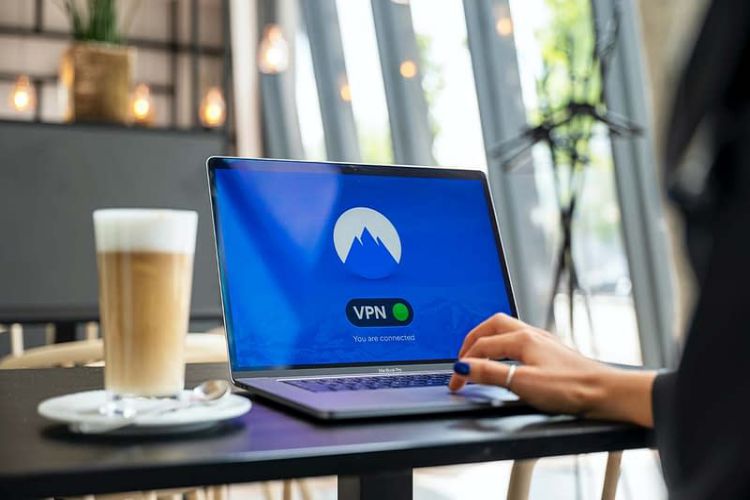 As an online service, VPN is very popular among people from different backgrounds. Both free and paid options are available worldwide.
As an online service, VPN is very popular among people from different backgrounds. Both free and paid options are available worldwide.
In this article, you’ll find more about the reason for using a VPN, and a list of quality VPN services.
Let’s start with what a VPN is.
What is a VPN?
A VPN is a virtual private network allowing you to have your own private connection. It creates a tunnel between the internet provider and your device. A VPN has access to public networks. It’s especially useful when you can’t access content or website because of censorship or region-locked content.
You can easily install a VPN on your device. VPNs provide online security because a VPN creates encryptions. In this way, your internet provider can’t have access to the content you use.
Benefits of Using a VPN
In addition to the ones above, you can find other advantages of using a VPN below:
- It’s useful if you are a regular user of public WiFi. The reason is that public WiFi in places like bars or airports doesn’t secure privacy. A VPN completely prevents this risk
- VPNs protect your personal information from being stolen as well
- A VPN provides you the freedom to access content no matter where you are and what you want to access
- VPN services offer quite low prices. Today, many of them offer long-term trial periods.
Why Do Digital Nomads Use VPN?
VPN offers more advantages to digital nomads, travelers, or travel bloggers. Because they’re actively moving from one place to another, connection security is very important for them.
You can find the reasons below why all digital nomads need a VPN.
Safety of Data and Device
There are many cyber threats having the potential to have access to your information and device. These include malware and hackers.
So, even if the network is referred to as “protected”, it may not be if in co-working spaces.
So, there are mainly risks from two different directions. One is the risk of your information being stolen. The other is malicious code allowing hackers to damage or hijack your device. At this point, VPNs provide safety for both you and your devices regardless of where you are. It encrypts all data and conceals your real location.
More Freedom in Bank Services
If you’re not in your home country, bank services have certain restrictions such as banning your account access. However, a VPN allows your bank only to see the IP address of the server that you connect to. Also, it cannot see your real location.
So, through a VPN, you can receive and send money from anywhere. The only condition is that the network includes a server in the place where you opened your accounts.
No Location Restrictions
Regularly being on the move may lead to a ban from some websites and streaming services. This means that you may not follow happenings back home when you don’t have a VPN. It also applies to your favorite shows and movies.
Yet, a VPN provides you with a new IP address. It hides your actual location. In this way, you can connect to the rest of the world.
List of the Best VPNs For Travelers and Digital Nomads
The following list includes some of the best VPN services for frequent travelers like digital nomads.
ExpressVPN
ExpressVPN provides fast download, streaming speeds, and file sharing. It uses very strong encryption on public WiFi. It also follows the tightest privacy policy of the industry.
Also, it runs on platforms like Windows, Mac, Android, iOS, and Linux. It offers a 30 day trial period as well. You can use it on up to five devices at once.
CyberGhost
Through CyberGhost, you can protect up to seven devices at once. This is a great quality for nomads traveling with many electronic devices. It has high speeds, and its applications are easy to use. CyberGhost also supports the use of torrents as well.
PrivateVPN
PrivateVPN offers strong encryption and high speeds. Furthermore, as a new customer, you can benefit from remote installation and setup support. It can be a good option if you’ll try a premium VPN service for the first time.
TorGuard
TorGuard stands for Torrenting Guard. It has military-grade encryption like that of Express VPN. It also follows a no-logs policy. Furthermore, TorGuard uses the next-generation WireGuard tunneling protocol. It’s compatible with all main platforms as well.











